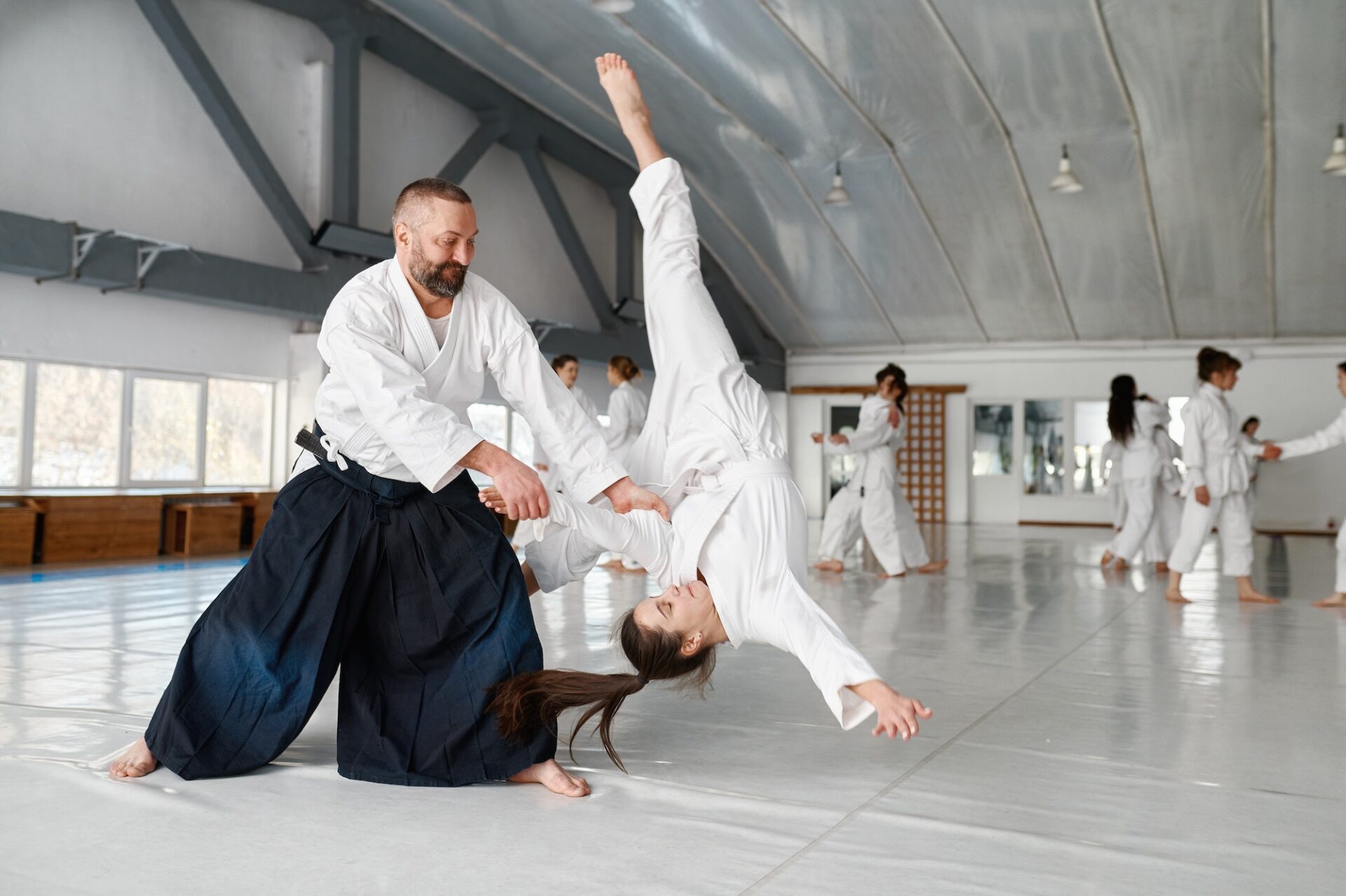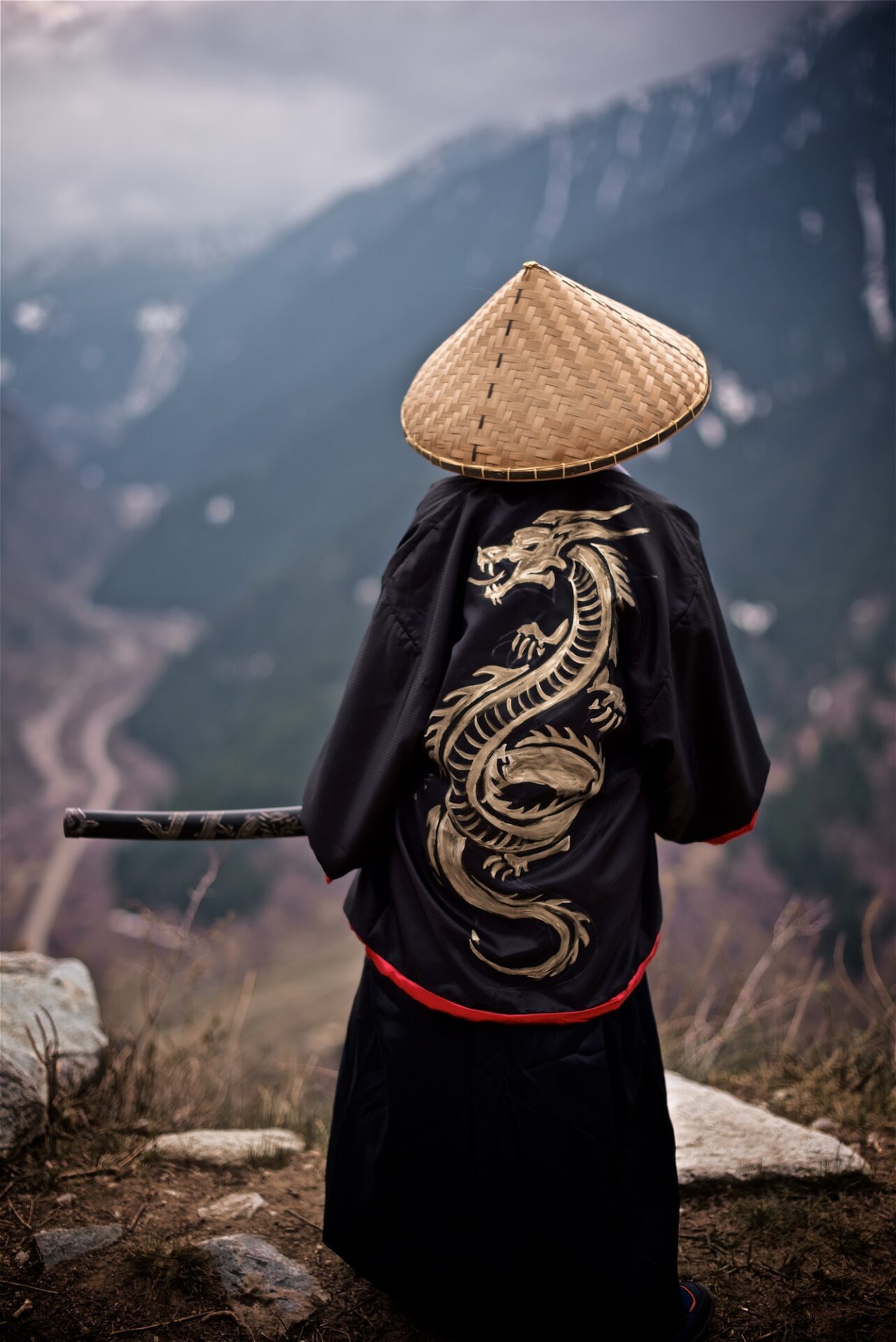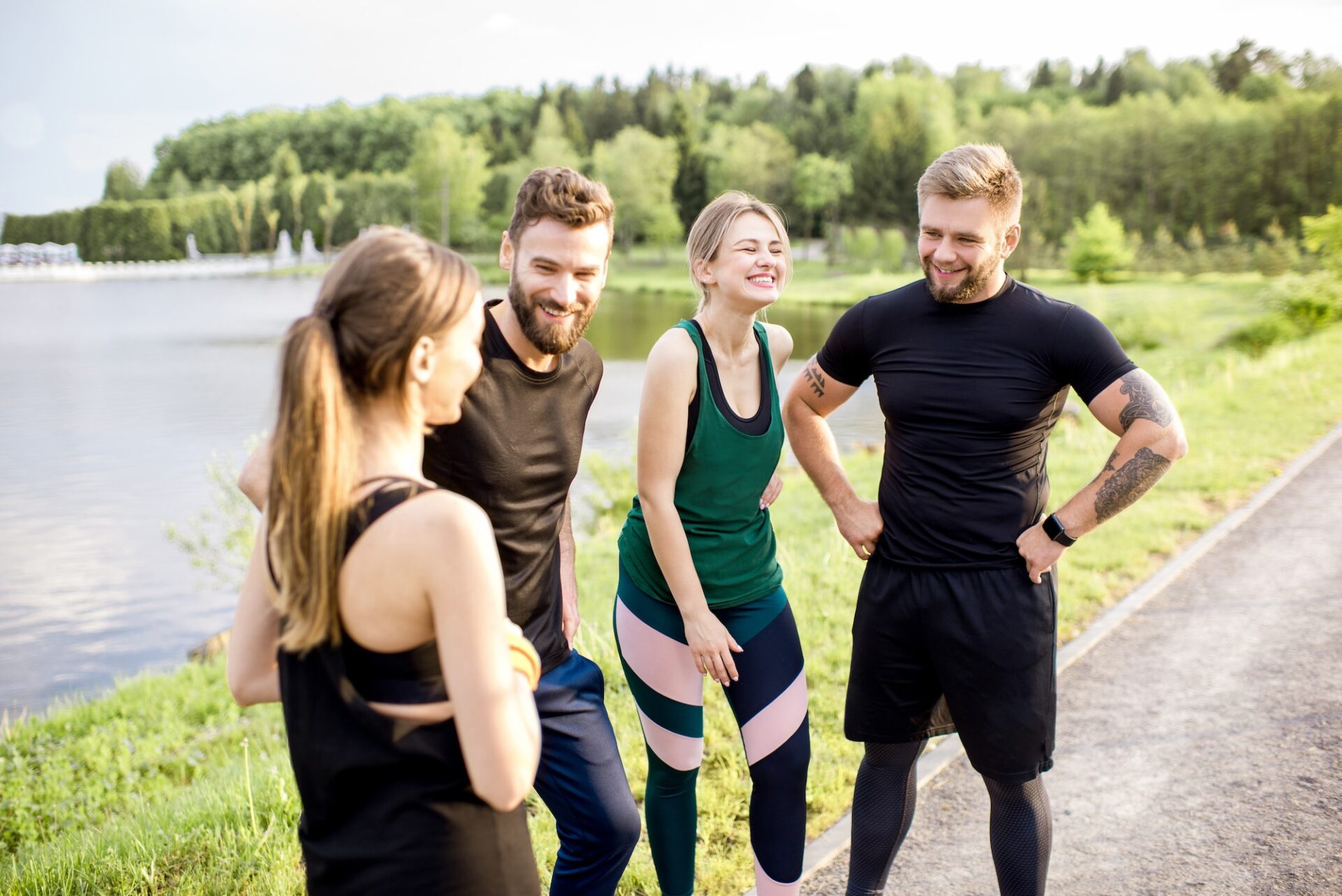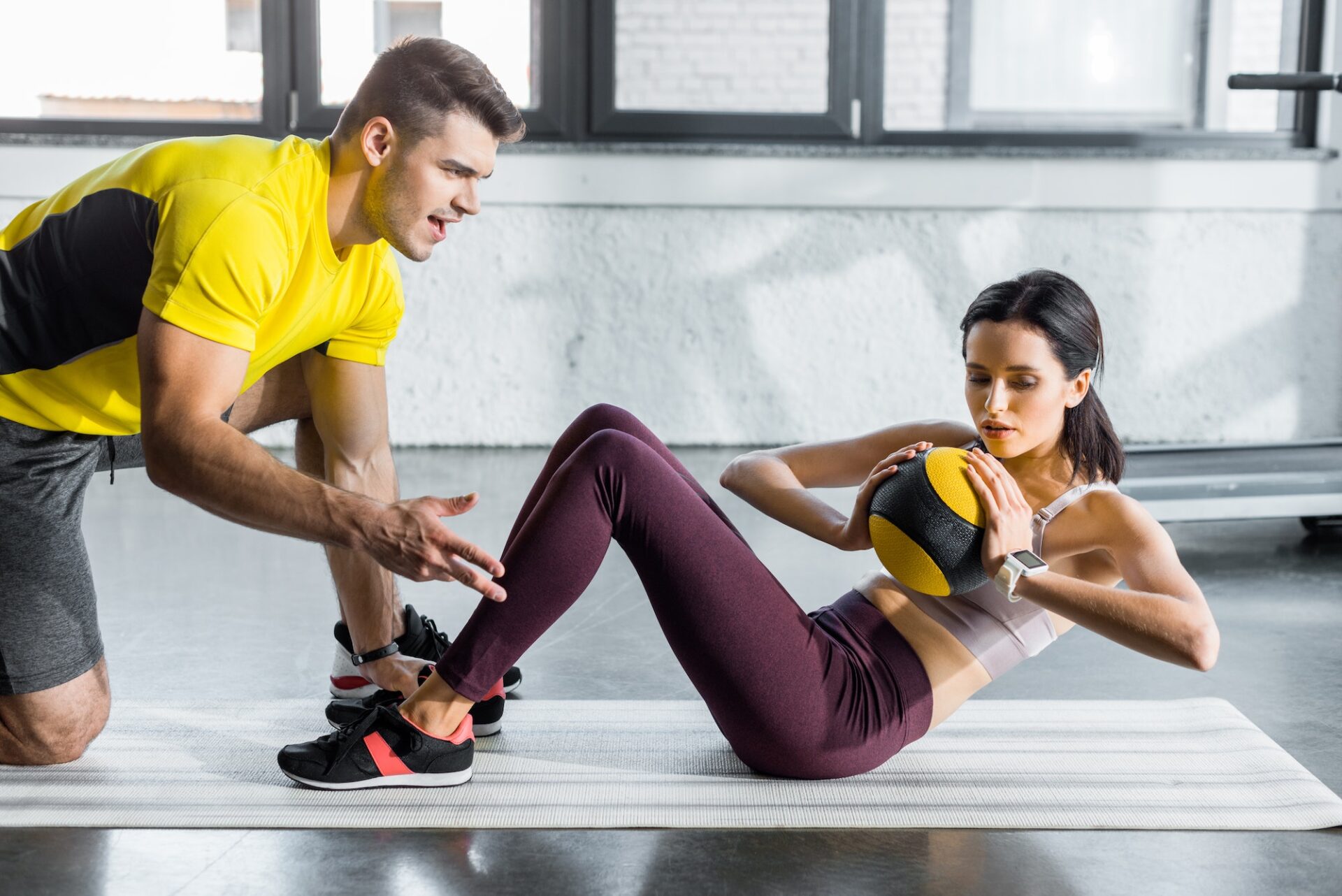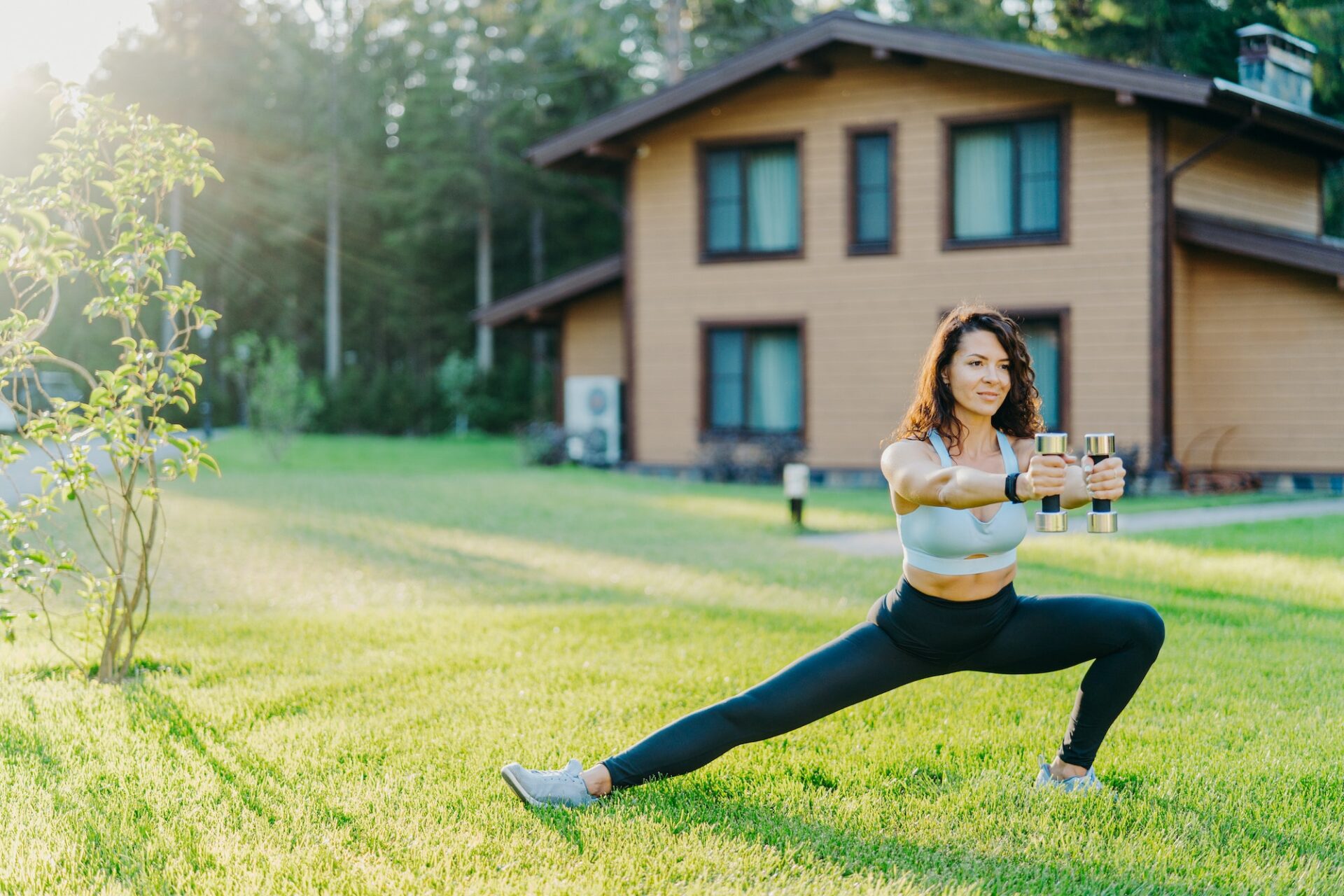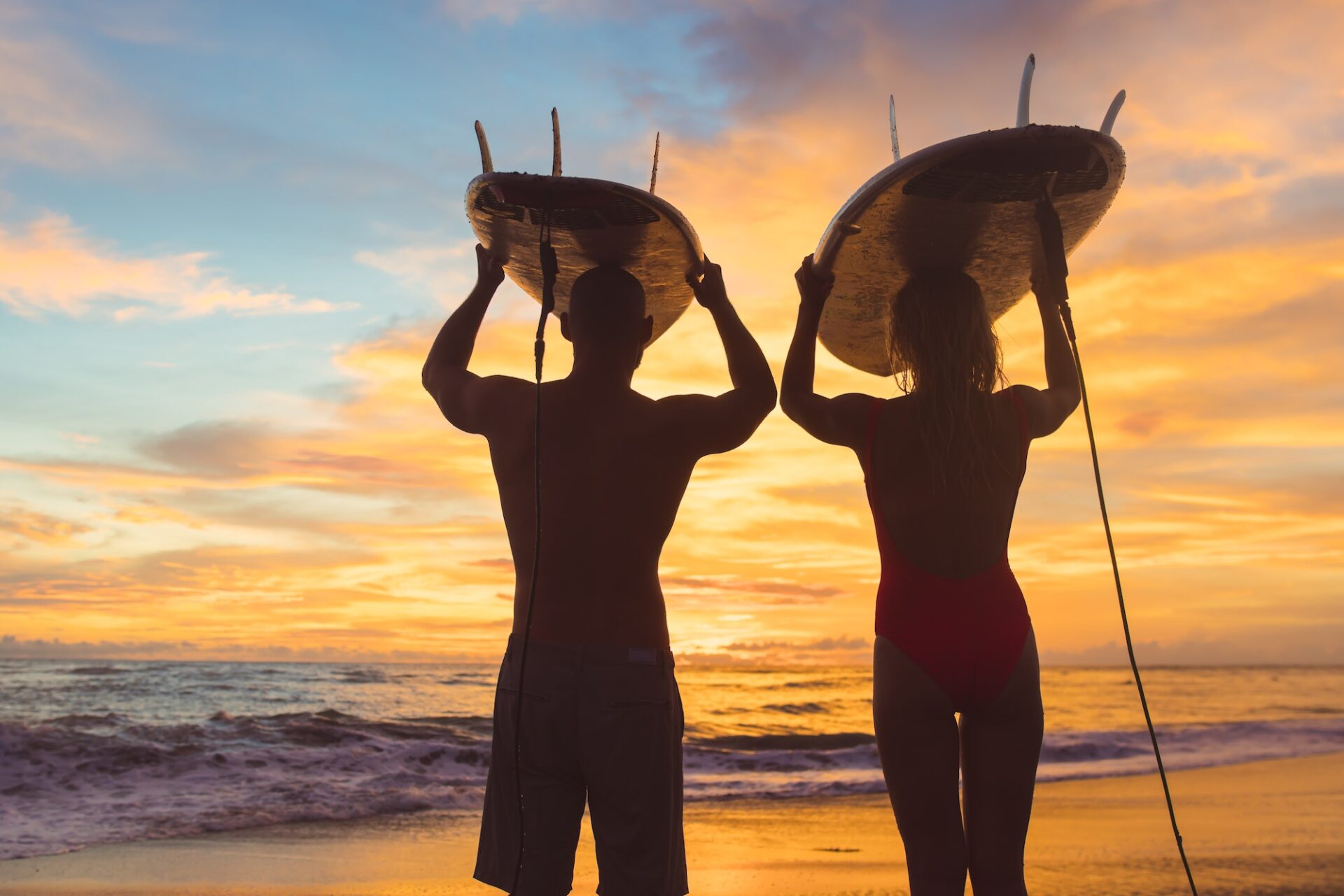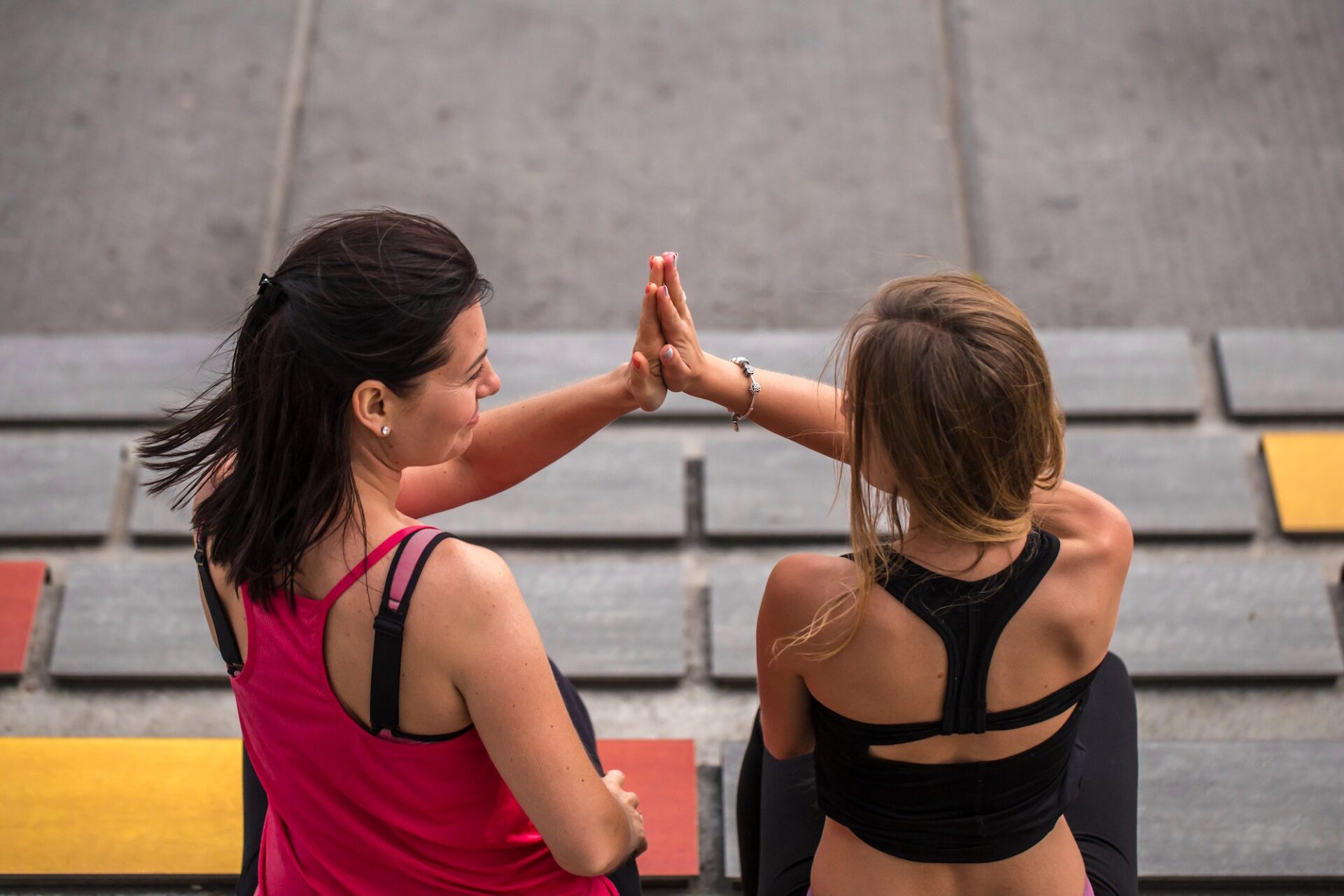The International Budo University was established in 1984 in Katsuura, Chiba Prefecture, and has continued to develop leaders who can play a leading role in Japanese Budo in the international and local communities.
The founder, Shigeyoshi Matsumae, founded the International Budo University with the aim of developing significant human resources through Budo based on the noble idea of respecting the traditional cultural values of Budo, spreading the concept of peace throughout the world and building world peace by deepening international friendship and goodwill. The following is an explanation of the University’s educational objectives and policies.
The International Budo University consists of the following faculties and departments.
All students at the International Budo University are students of the faculty of physical education. The faculty of physical education has two departments: the department of Budo offers nine courses, while the department of physical education offers six courses, from which students can choose to study Budo and sports from a variety of angles, depending on the interests and concerns they develop after enrolment. Students can also take classes outside their department.
Department of Budo
Budo Specialised Course
(7 courses)
Budo Education Course
Budo Management Course
We hope that students will “build themselves” through studies that explore the traditional cultural, competitive and educational aspects of Budo in this department. Today, society needs people who have the “fundamental skills of a working adult”, such as the ability to step forward, think things through and work in teams. In order to become people who can enrich society through Budo, we want you to acquire comprehensive skills through practice.
Centred on their specialised Budo disciplines, the course pursues the spirit of the ‘way’ beyond the ‘skills’, aiming to improve athletic performance through research and study of Budo branches, and trains personnel who possess skills and knowledge that can be applied in practical situations and who can maximise performance. It also develops the ability to teach and coach knowledge and skills related to performance-enhancing training and coaching.
This course aims to train personnel who understand the position of Budo in the Courses of Study and who can guide to acquire skills and theories centred on health and physical education in schools through Budo, in line with the introduction of Budo as a compulsory subject in junior high schools. Furthermore, it aims to train personnel who can instruct to understand the traditional ideas of Budo and to acquire an attitude of respect for others and their manners.
The course cultivates management thinking and practical skills to realise the development and spread of Budo, and to acquire the ability to take root in the local community and contribute to society through Budo. It also aims to develop an awareness that Budo is a culture unique to Japan, to study the history and culture of Budo extensively, and to develop it correctly as a culture of Japanese folklore both at home and abroad.
Department of Physical Education
Athlete Course
Coaching Science Course
Sports Management Course
Sports Trainer Course
Health Science Course
Sports Education Course
Society has currently been paying very high attention and expectations to physical education and sports. The Department of Physical Education promotes such cooperation with society. The curriculum is designed to meet the diverse needs of society by allowing students to freely combine six different courses. Under the slogan of ‘enriching society through sports’, we place more emphasis on practical learning. “Play” “Watch” “Support” “Involve”, we take on the challenge of creating a new society pioneered by sport from a variety of perspectives.
This course is designed for students who are top-level competitive athletes in Japan. Students construct practical theories and strategies from diverse scientific perspectives and knowledge to develop their own competitive abilities. The course trains students to connect their knowledge of sports science to maximum performance and to be active in various sports competitions.
Based on scientific knowledge of sport, students acquire knowledge about training and coaching to improve sports performance. It also trains leaders and researchers who can apply these techniques and guidance in practical settings.
This course trains personnel with a deep understanding of how society and organisations relate to each other, and who can perform comprehensive management in various sports industries (professional sports businesses, sports clubs, sports businesses, integrated regional sports clubs, etc.), ranging from event planning and operation to organisational management.
This course trains practical sports trainers to support athletes and other sports competitors. Students also learn a wide range of knowledge and skills that are useful not only in the field of competitive sport, but also in teaching, the fire service, the sports industry, the health industry and nursing welfare.
This course trains personnel to be able to provide practical guidance on training and conditioning for all stages of life of people who enjoy sports. Students acquire the ability to contribute to the promotion of health from the standpoint of physical education in today’s society, which faces many challenges.
Students study teaching techniques and theories related to sports education, including school physical education, and acquire the practical skills required for sports instruction. It develops human resources who can contribute to educational activities through physical education and sports with the ability to carry out and complete tasks.
The Graduate School consists of three areas: ‘Budo and Sports Culture’, ‘Health and Sports Science’ and ‘Budo and Sports Coaching’, all of which are active in research on current issues related to Budo and sports.
The Budo Specialization Program was initiated in 1994 for foreign students with the aim of contributing to the international promotion of Budo culture. International students study together with Japanese students over the course of one year, learning Budo practice and theory, Japanese language and culture. They also take part in extracurricular club activities and develop their own specialised Budo, while living in accommodation with international students from all over the world and developing an international outlook through cross-cultural understanding and respect.
【Gakuyu-kai】
The Gakuyu-kai is an extra-curricular organisation for the purpose of human development and is organised into clubs, associate clubs and associations. The clubs are divided into two categories: athletics and culture.
These clubs are organised in accordance with the university's educational policy, and allow students to focus on their specialisms.
■Cultural Clubs
These clubs do activities that contribute to the development of the intellect.
■Associations
Students themselves can gather their peers and formalise their association.
【Gakuyu-kai Student Officers】
Meetings, events, etc. are organised by the Chairperson, the Vice-Chairperson and the members of the Student General Affairs Committee. Each club elects a Student Representative Committee member, and a Student Representative Committee meeting is held once a month to discuss matters such as proposals from each club and exchange opinions.
【Gakuyu-kai】
The Gakuyu-kai is an extra-curricular organisation for the purpose of human development and is organised into clubs, associate clubs and associations. The clubs are divided into two categories: athletics and culture.
■Athletic Clubs
These clubs are organised in accordance with the university’s educational policy, and allow students to focus on their specialisms.
■Cultural Clubs
These clubs do activities that contribute to the development of the intellect.
■Associations
Students themselves can gather their peers and formalise their association.
【Gakuyu-kai Student Officers】
Meetings, events, etc. are organised by the Chairperson, the Vice-Chairperson and the members of the Student General Affairs Committee. Each club elects a Student Representative Committee member, and a Student Representative Committee meeting is held once a month to discuss matters such as proposals from each club and exchange opinions.

